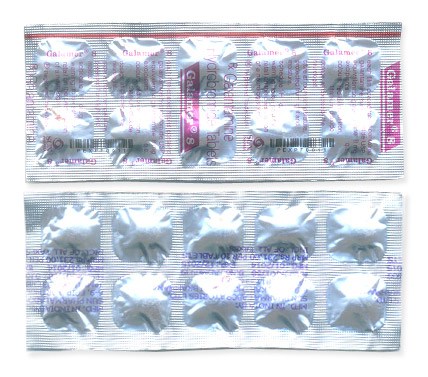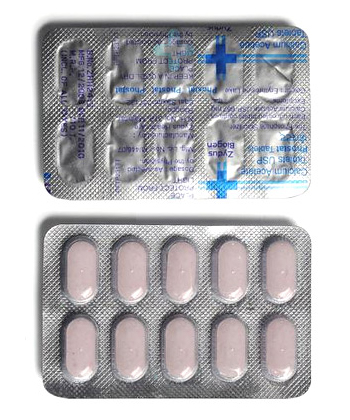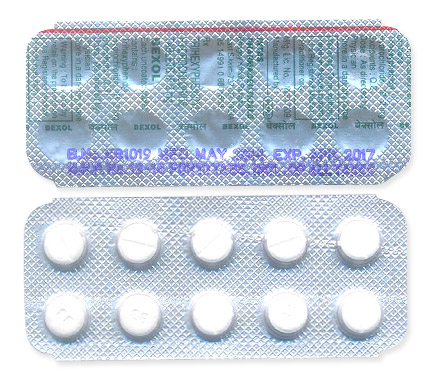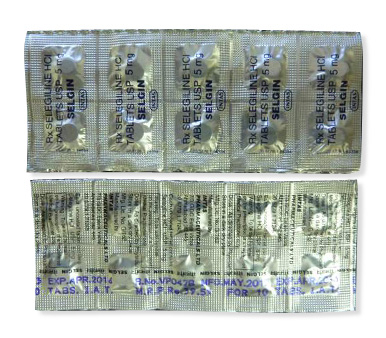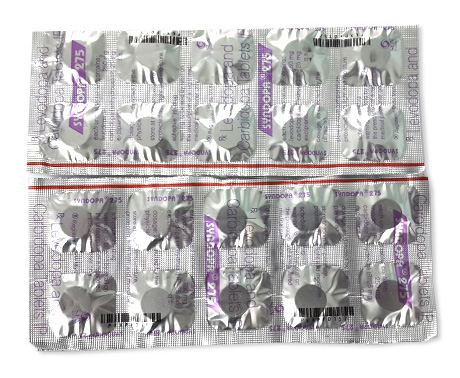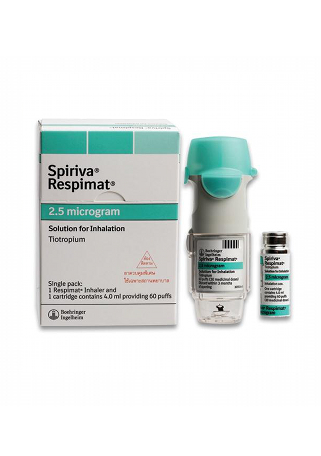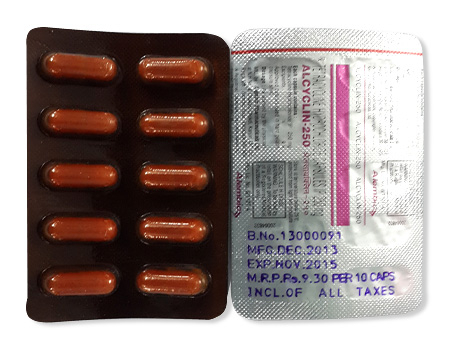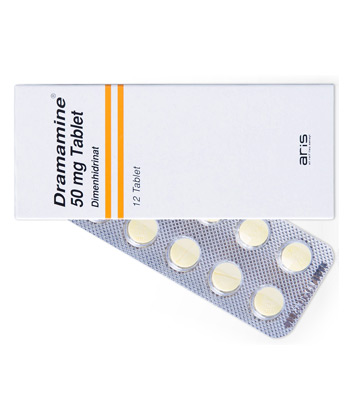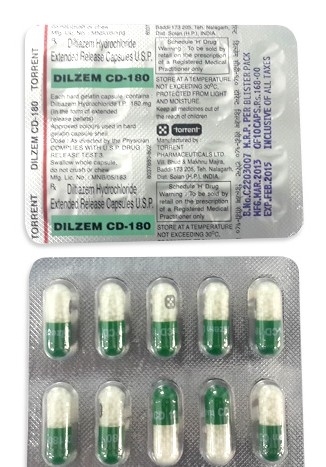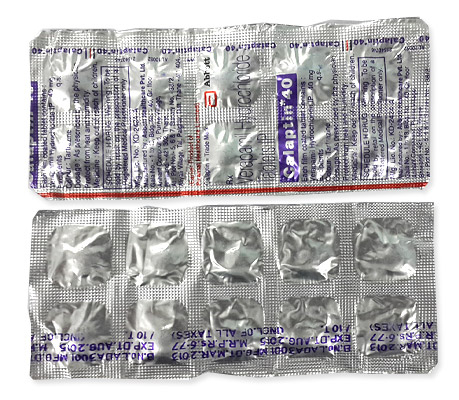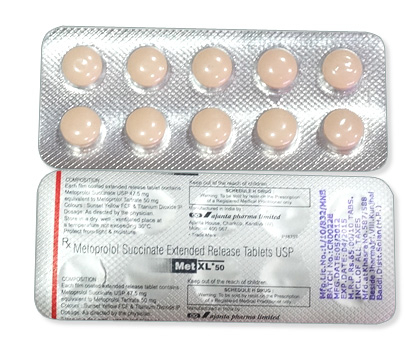Ditropan
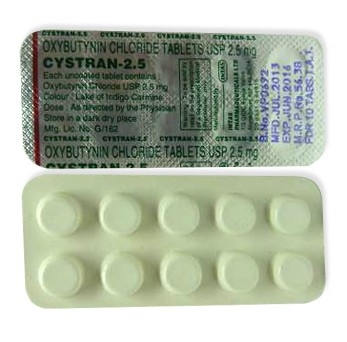
Ditropan
- In our pharmacy, you can purchase Ditropan without a prescription, with delivery available internationally including Romania, Australia, the UK, and US. Discreet and anonymous packaging.
- Ditropan treats overactive bladder symptoms (urge incontinence, urgency, frequency) and neurogenic detrusor overactivity in children ≥6 years. It blocks muscarinic receptors, relaxing bladder muscles to reduce spasms.
- The usual starting dose is 5–10 mg once daily for extended-release tablets or 5 mg twice/thrice daily for immediate-release tablets, adjusted based on tolerance.
- Available as immediate-release tablets, extended-release tablets (XL), or oral syrup for precise dosing.
- Onset of action is typically 30–60 minutes for immediate-release forms and 4–6 hours for extended-release formulations.
- Duration ranges from 6–8 hours per dose for immediate-release tablets to 24 hours for extended-release capsules.
- Alcohol should be avoided, as it may intensify side effects like drowsiness, dizziness, and heat intolerance.
- Most common side effects include dry mouth, constipation, dizziness, drowsiness, and blurred vision.
- Would you like to try Ditropan without a prescription?
Basic Ditropan Product Information
| Property | Details |
|---|---|
| International Nonproprietary Name | Oxybutynin chloride |
| Brand Names in Australia | Ditropan, Lyrinel XL |
| ATC Code | G04BD04 |
| Available Forms |
|
| Australian Manufacturer | Aspen Pharma |
| TGA Registration Status | Active listing (Schedule 4) |
| Classification | Prescription-only medication |
Ditropan contains the active ingredient oxybutynin chloride and comes in several formulations tailored to different needs across Australia. Both Ditropan and Lyrinel XL are established brands pharmaceutically equivalent to oxybutynin chloride, providing options for Australian patients. The immediate-release tablets offer dosing flexibility through multiple daily doses, while Ditropan XL extended-release capsules simplify treatment with once-daily administration. Pediatric patients often benefit from the oral syrup option for precise dosing adjustments.
This medication belongs to Schedule 4 of the Poisons Standard according to Therapeutic Goods Administration regulations. You'll need a valid prescription from your doctor to obtain it at any Australian pharmacy - it's not available for purchase over the counter. Aspen Pharma manages local manufacturing and distribution, though the medication remains part of pharmaceutical giant Johnson & Johnson's global portfolio through their Janssen and Alza subsidiaries.
Availability remains consistent throughout Australia with standard packaging options: blister packs containing 30 or 60 tablets for solid forms and syrup bottles holding 150mL or 200mL volumes for liquid formulations. The TGA registration ensures all Australian supply meets quality standards, identifiable through packaging that includes the official TGA logo alongside local manufacturer details.
Ditropan Contraindications and Severe Risks
Understanding when Ditropan should not be taken is critical for safety. Several conditions create absolute reasons to avoid this medication. Urinary retention, where the bladder cannot empty properly, is a key contraindication. Gastric retention, a similar blockage in the stomach, is also a firm reason to avoid it. People with uncontrolled narrow-angle glaucoma should never use Ditropan, as it can dangerously elevate eye pressure. A diagnosed hypersensitivity or allergy to oxybutynin or any component in the formulation rounds out the absolute avoidance list.
While serious side effects are less common, being aware is essential. Potential severe reactions include hallucinations or severe confusion, particularly concerning in elderly patients. Angioedema (swelling under the skin) and significant effects on heart rhythm (QT prolongation) are also possible. Although Ditropan itself carries no specific Australian TGA boxed warning, medical professionals globally note an association between long-term use of anticholinergic medications like oxybutynin and an increased risk of dementia, demanding careful prescribing practices.
Common Ditropan Side Effects and Precautions
Most people taking Ditropan experience some side effects linked to its anticholinergic nature. Dry mouth is extremely prevalent; chewing sugar-free gum or using saliva sprays can provide relief. Constipation is another frequent issue, manageable by increasing dietary fiber and fluid intake. Drowsiness, dizziness, mild headaches, and blurred vision are also commonly reported initially, often improving over time. A significant dry eye sensation is another typical complaint.
Special precautions are necessary for certain groups. Cognitive impairment, including brain fog or mild memory issues, can occur, making regular monitoring essential, especially in older adults. This also increases fall risk. Medication use can reduce sweating, raising the danger of overheating and heatstroke in hot weather – extra precautions like staying cool and hydrated are vital in the Australian climate. Experience severe dizziness, rapid heartbeat, or reduced urination warrants immediate medical consultation and potentially stopping the medicine.
Real Patient Experiences and Tips for Better Use
Insights from Australians using Ditropan offer valuable practical perspectives. Online forums and patient reviews often highlight significant improvements; comments include substantial reductions in uncontrollable urges or night-time incidents. Managing dry mouth, frequently described as the biggest hurdle, features prominently in discussions about using sprays or constant sips of water.
- Full therapeutic effect for bladder control often takes between one to two weeks of consistent use.
- Combining medication with pelvic floor muscle exercises enhances overall effectiveness for many users.
- Using personalised pill organisers significantly improves daily adherence and avoids missed doses.
Reducing bladder irritants like caffeine and alcohol intake can lessen symptoms needing medication intervention.
Australian Treatment Alternatives for Bladder Control
Several alternatives exist if Ditropan isn't suitable due to side effects, cost, or ineffectiveness. Tolterodine (Detrusitol) is another anticholinergic commonly tried first-line. Solifenacin (Vesicare) offers the potential advantages of once-daily dosing and tolerability profile. Mirabegron (Betmiga) works differently by relaxing the bladder muscle and generally causes less constipation and fewer cognitive side effects. It requires blood pressure monitoring.
Therapeutic hierarchy matters. Due to Ditropan's lower cost and established profile, prescribing often starts here. Regular review is key. Frequently, alternatives like solifenacin or mirabegron considered second-line options if Ditropan causes unacceptable adverse effects, particularly cognitive ones, or proves insufficient.
Coverage under the Australian Pharmaceutical Benefits Scheme significantly impacts cost and access:
| Medicine (Typical Use) | Key Advantages | Key Disadvantages | Approximate Cost per Month (AUD)* |
|---|---|---|---|
| Ditropan XL (5-15mg) | Generally lowest PBS cost; widely available | Higher incidence of dry mouth; potential cognitive effects | $15-$25 (PBS) |
| Betmiga (Mirabegron) | Lower risk of constipation; minimal cognitive concern | Requires BP checks; higher cost | $60-$75 (PBS Authority) |
| Vesicare (Solifenacin) | Reduced constipation vs. some anticholinergics; convenient dosing | PBS restrictions apply; dry mouth still common | $40-$50 (PBS Restricted) |
*PBS pricing subject to patient eligibility & current dispensing rules. Private cost higher.
Ditropan XL is generally the most cost-effective first choice. Patients experiencing tolerance issues or significant cognitive side effects often move to alternatives like Betmiga or Vesicare that possess better safety profiles but come with higher cost or specific access criteria.
Australia Market Insights
Ditropan remains widely accessible across Australia, stocked in over 90% of pharmacies nationwide. While most urban chemists like Chemist Warehouse maintain consistent supply, regional stores occasionally charge up to $50/month extra due to logistics costs. Only oral forms are available locally - tablets and syrup - with no transdermal patches or injectable versions approved by the Therapeutic Goods Administration (TGA). Patient demand has increased 15% since COVID-19, largely driven by telehealth consultations for overactive bladder management. Australians typically find Ditropan XL brands alongside generics like Lyrinel, with Aspen Pharma holding exclusive marketing rights until 2030. Discount pharmacies offer better value for long-term users.
Research & Clinical Updates
Recent clinical evidence continues to shape Ditropan usage guidelines. A 2024 Cochrane review confirmed extended-release oxybutynin's parity with solifenacin for efficacy in patients over 65. The ENERGIZE trial demonstrated elderly individuals experience fewer anticholinergic side effects with once-daily XL formulations versus immediate-release versions. Phase II studies highlight promising rapid-action intranasal oxybutynin, though this remains unapproved in Australia. Marketing exclusivity sees generic oxybutynin dominating the PBS formulary, though Aspen retains Ditropan trademark rights nationally until 2030. Current TGA recommendations emphasize lower starting doses for neurogenic bladder patients under NDIS coverage. Geriatric specialists advocate renal function screening before prescribing due to altered drug metabolism.
Australia-Specific FAQ
Q: Can I drink beer with Ditropan?
A: Alcohol worsens common side effects like drowsiness and dry mouth. Limit consumption to reduce dehydration risks - occasional moderate drinking isn't prohibited.
Q: Does NDIS cover neurogenic bladder treatment?
A: Coverage requires pre-approval under specific disability plans (HCWA/NDIA) with neurologist confirmation of medical necessity.
Q: Can I drive after taking Ditropan?
A: Drowsiness may impact driving ability initially. Test your reaction at home before operating vehicles.
Q: Why take Ditropan at night?
A: Evening dosing minimises daytime drowsiness while controlling nocturia symptoms.
Guidelines for Proper Use
Take immediate-release tablets with meals to prevent nausea, while extended-release capsules must be swallowed whole without splitting or crushing. Maintain hydration especially during heatwaves to counter dehydration risks from reduced sweating. Avoid grapefruit completely - it elevates drug concentration potentially causing toxicity. Store tablets in original packaging away from moisture and heat exceeding 25°C. Discard discoloured tablets immediately. Never stop treatment abruptly - gradually reduce doses under medical supervision to prevent rebound urinary urgency. Always review the Consumer Medicines Information leaflet and report hallucinations or severe confusion immediately to your GP. Consistency delivers best results: set phone reminders if you forget doses regularly.

